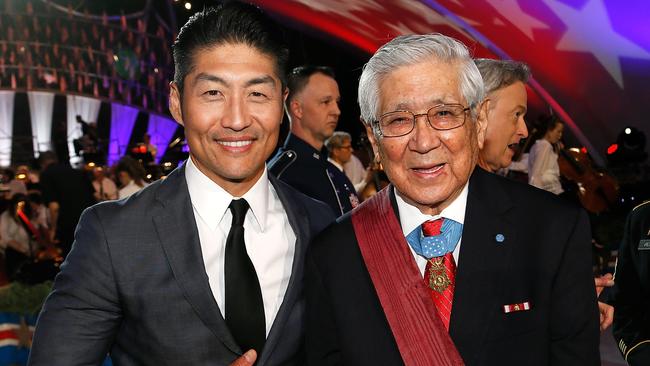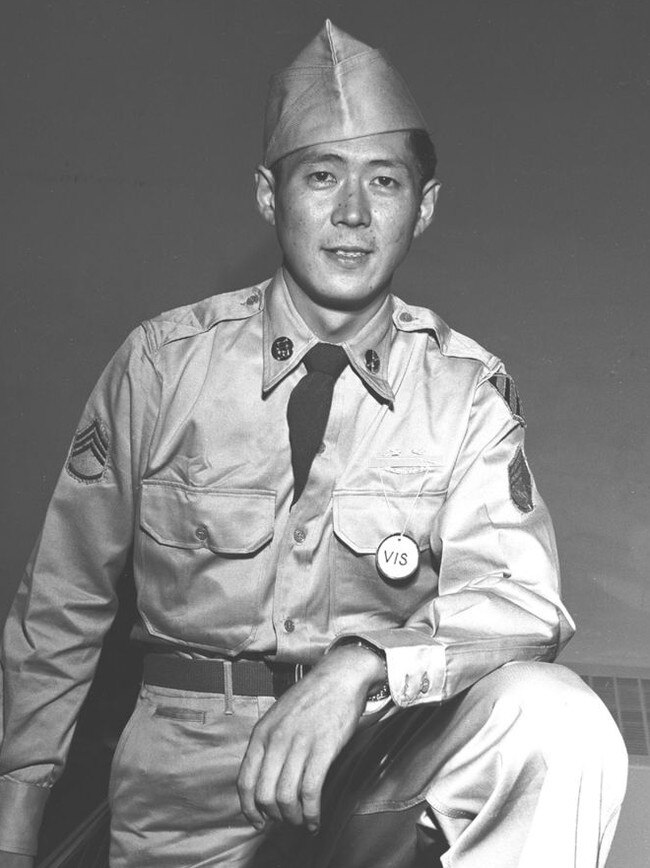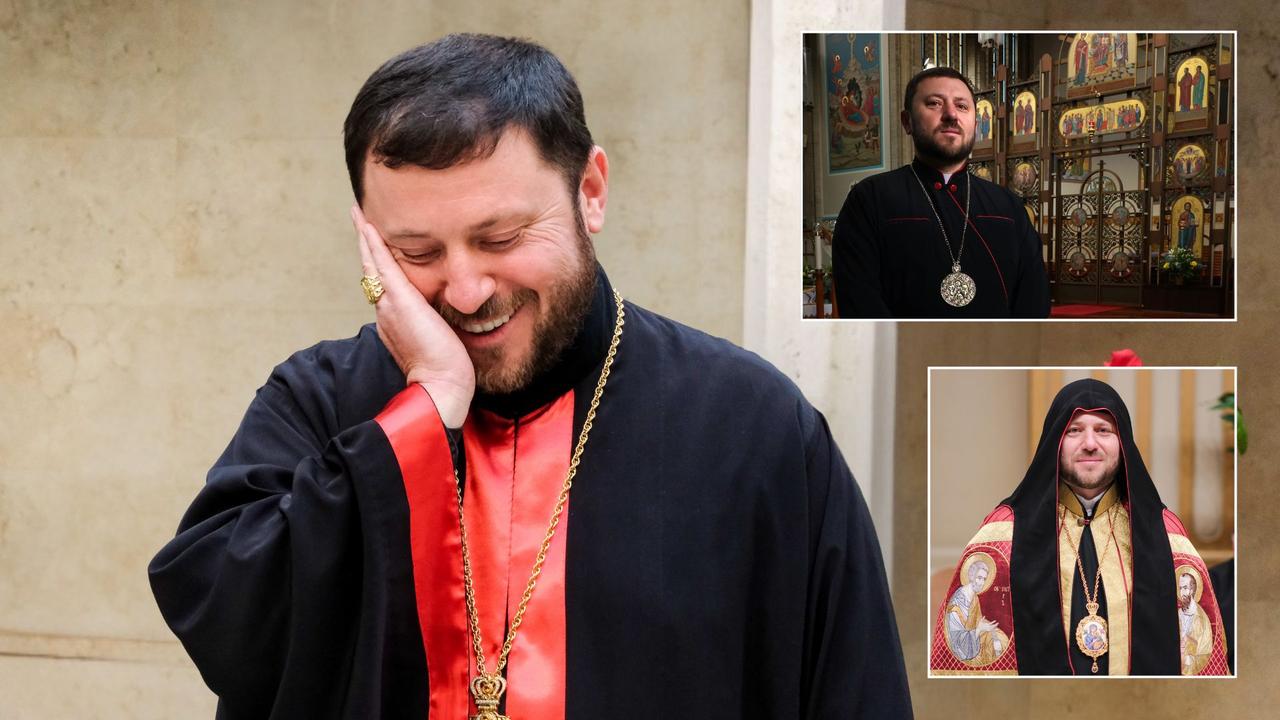Hiroshi Miyamura a secret American hero of the Korean War
Just over a decade after Japanese Americans started being interred, Hiroshi ‘Hershey’ Miyamura’s actions earned him the Congressional Medal of Honour.

OBITUARY
Hiroshi Miyamura. Soldier.
Born October 6, 1925, Gallup, New Mexico; died Phoenix, Arizona, November 29, aged 97.
-
His teacher couldn’t get his tongue around his given name, so Hiroshi became Hershey. Ultimately he would become a hero. But it wasn’t on the cards when Miyamura grew up in small-town America at a dot called Gallup on Route 66 as it swung through the southwest. (It was name-checked in Bobby Troup’s Get Your Kicks on Route 66: “You’ll See Amarillo and Gallup, New Mexico”.)
Miyamura’s parents were Japanese, migrated to the US and settled in Gallup in 1923. It was a tough town surrounded by the rugged beauty of the Colorado Plateau that is the backdrop to so many John Wayne westerns. It was a town of Native Americans and newcomers from eastern Europe, Ireland, Italy, Greece and Mexico.
Miyamura had just turned 16 when Japan launched the surprise attack on Pearl Harbor in Hawaii. The following day his teacher told his classmates that Miyamura and his siblings were not to be blamed for the Japanese atrocity. But two months later president Franklin D Roosevelt ordered the internment of all Japanese-Americans. Colonel Karl Bendetsen ran the program, promising that if you had “one drop of Japanese blood” you faced forced deportation to an internment camp – and more than 100,000 people were imprisoned.
The people of Gallup weren’t into rules and in any case considered everyone to be American. They were happy to work alongside the Miyamura family, who by then were running the town’s 24-hour diner, the OK Cafe.
Aged 19, Hershey signed up for duty in the US Army and was enlisted in the unique 100th Infantry Battalion, which was made up mostly of Hawaiians of Japanese descent. The unofficial motto of Hershey’s regiment was “Remember Pearl Harbor”.
Japan surrendered soon after, but Hershey signed on as a reservist. Six months after North Korea, with the support and soldiers of China and the Soviet Union, attacked South Korea he was summoned for duty on the contested peninsula.

In training he had befriended Boston-born Joe Annello and told him all about Gallup. The pair went on to head units that were to try to push the largely Chinese forces back over the mountains during the frigid depths of the Korean winter. Approaching the 38th parallel they dug in for the night on the top of a range. Beneath it, as their men slept in complete moonless dark, a Chinese soldier stepped on a trip flare that illuminated a hillside of men on the move. Annello and Miyamura’s squads, hopelessly outnumbered and almost surrounded, came under fire. Miyamura ordered the men to retreat and gave them cover with grenades while shooting dead 50 Chinese soldiers before running out of ammunition, after which he bayoneted his way through them. Soon the men were overrun and those not killed were taken prisoner.
Annello had a shrapnel wound to his spine. Miyamura became unconscious due to blood loss. When he came to, he also was a prisoner. The slight Miyamura picked up his mate, carrying him for 15km before the Chinese motioned towards him that they wanted him to drop Annello, who urged his mate to leave him and go on.
Miyamura said: “I’m sorry, Joe.” Annello replied: “It’s OK, Hersh. Go on, I’ll be OK.”
Miyamura spent more than two years as a prisoner of war. That he had been awarded a Congressional Medal of Honour, America’s highest military decoration, was kept secret. The authorities believed that, were Miyamura alive and the Chinese learned of his decoration, they would kill him. When he returned to the US, he was received by president Dwight D. Eisenhower, who pinned the medal on him. Miyamura’s mother had died when he was a boy but he took his dad to the White House. Gallup declared it Hiroshi Miyamura Day. Later there would be a statue of the local hero and later still a high school named after him.
He returned to Gallup, married, raised three children and ran a petrol station, appropriately called Humble Oil.
One day a man drove in. He had read about Miyamura. It was Annello. “My god, you’re dead,” a shocked Miyamura said to him. Annello had narrowly survived appalling treatment at the hands of his captors but was rescued as the Americans pushed the invaders back.
The best friends jointly attended Veterans Day functions and even returned to Korea together. Annello stayed on in the forces, retiring in 1970. He died in 2018, aged 85.
After his wife died a few years back, Miyamura could sometimes be found in the local Blake’s Lotaburger restaurant. Local parents would introduce their children to Gallup’s American hero.




To join the conversation, please log in. Don't have an account? Register
Join the conversation, you are commenting as Logout